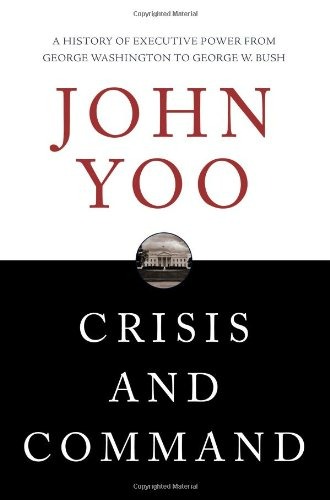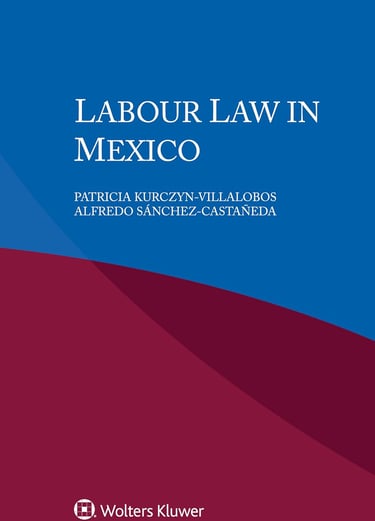“Analizando el impacto de la Regulacion, hacia una visión pragmática.”
(Oscar A. Sumar.)
In this book, the author addresses issues such as what economic regulation is, what justifies regulation, what explains it, why regulation often favors companies and how it is used as a weapon to reduce competition. It also points out the typical failures of regulation and the costs -social and economic- that it generates. Then, regulatory quality analysis is addressed, from the cost-benefit analysis or Regulatory Quality Analysis (RIA), to the subsequent evaluations in administrative or judicial processes. A comparative view of the subject is also offered. Finally, a method of analysis other than the RIA promoted by the OECD is proposed, such as “pragmatic regulatory analysis”
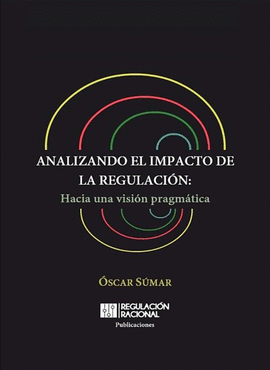

“El Método del Negociador Exitoso: Conexión”
(Raul Howe)
Even in times of crisis, there are those of us who struggle to achieve success. To achieve it, today more than ever, we need the collaboration of other people, to know how to add our own will and that of others to the realization of personal and professional projects that transcend. It has been proven that without connection there is no collaboration, and without collaboration there is no success for anyone. Believe it or not, knowing how to achieve the collaboration of others depends not only on success, but also on our expectations and quality of life.


This volume explores the governance and management of science, technology, and innovation (STI) in relation to social inclusion and sustainability, highlighting its goal, challenges, and opportunities. Divided into two sections, it addresses the goals and institutional arrangements around sustainable development in the context of Latin American countries as well as the challenges of developing absorptive STI capacities for inclusion in the higher education institutions and systems. The chapters tackle the important role of citizen science, science diplomacy, peace building, mission-oriented policies, public innovation, institutional entrepreneurs, and policy networks. Researchers and scholars will find an opportunity to better grasp several topics and methodologies in knowledge development in the governance of STI. This interdisciplinary work presents original research on science, technology and innovation policy and governance studies in an understudied region.
"Governance Approaches on Social Inclusion and Sustainability in Latin America"
(Luis O.)
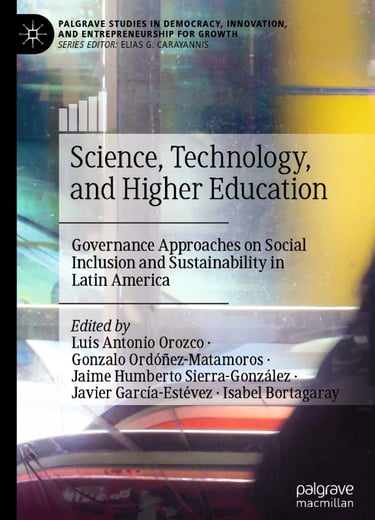

Derecho constitucional en movimiento: El precedente judicial norteamericano
(Ana Laura Magaloni Kerpel)
In this book, Ana Laura Magaloni Kerpel offers a meticulous and deeply grounded study of stare decisis in the United States, analyzing both vertical and horizontal precedent systems. She explains key legal concepts such as holding, dictum, rationale, and doctrinal maneuvers—including distinguish, relevant fact selection, overruling, and the authority of self-precedent—from maximalist and minimalist perspectives. The author discusses how recent Mexican judicial reforms demand strong argumentative tools to navigate a precedent-based regime. An essential read for lawyers, academics, and law students aiming to understand the comparative evolution of constitutional systems.
Derecho del Mercado. Conceptos y definiciones
(Mónica Sofía Safar)
The work contributed to the academic community has as its main objective to provide clarity and contribute to the analysis and discussion of a topic that is so crucial for the Ecuadorian, Latin American, and global legal world. The book addresses several concepts of market law, offering an analysis that allows the reader to understand the foundations and rationale behind each of the notions presented, which are essential for achieving a comprehensive understanding of the subject.
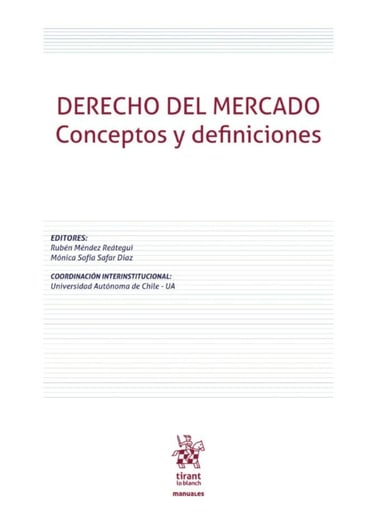

In this historical work, Cossio Díaz explores the development of the judiciary during the Porfiriato period, challenging the widespread notion that courts were fully subordinate to the authoritarian regime. The book examines internal structures, judicial actors, and political tensions affecting key rulings. It reveals the judiciary’s limitations and strengths, contextualizing the interplay between justice and political power in pre-revolutionary Mexico. This is a fundamental text for understanding the history of law and justice in Mexico.
La justicia prometida: El Poder Judicial de la Federación de 1900 a 1910
(José Ramón Cossio Díaz)


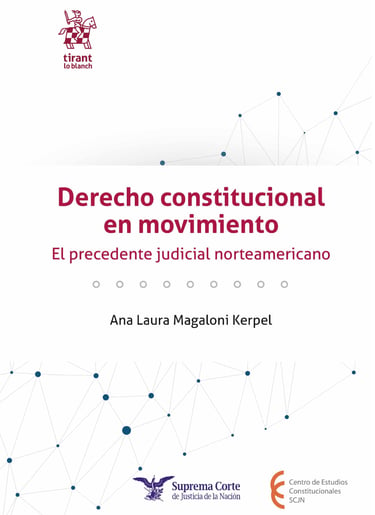

The Powers of War and Peace: The Constitution and Foreign Affairs after 9/11
(John Yoo)
In this influential work, Yoo reconstructs the original constitutional understanding of presidential authority in foreign affairs. He argues that, since Truman and Korea, presidents have acted decisively without formal war declarations—claiming that the Constitution empowers the executive in foreign policy. The book sparked debate for its bold defense of executive war powers .


Nuevas relaciones de trabajo
(Patricia Kurczyn Villalobos)
This book compiles reflections on the transformation of Mexican labor law following its modernization, covering key topics such as employment contracts, subcontracting, labor flexibility, and regulation of new work modalities. Kurczyn examines regulatory evolution from the 1990s through the 2000s, emphasizing its social and economic impact. The text blends legal rigor with a forward-thinking outlook, proposing reforms to balance worker protection and competitiveness. It's ideal for understanding contemporary labor challenges and crafting inclusive, modern policies.


Drawing from his experience in the DOJ’s Office of Legal Counsel, Yoo provides an insider's perspective on the legal reasoning and decisions after 9/11—covering issues like detainee treatment, surveillance, and judicial oversight. It offers a candid defense of the Bush administration’s counterterrorism policies .
War by Other Means: An Insider's Account of the War on Terror
(John Yoo)
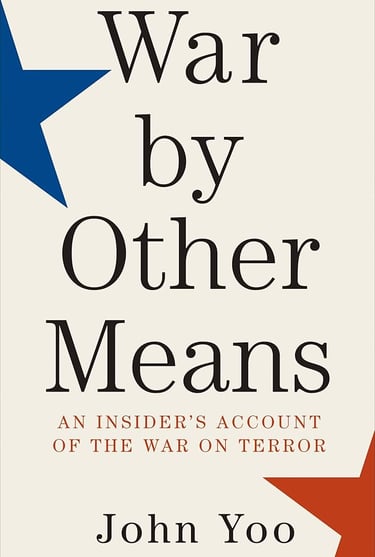

Lecciones de Derecho Civil Chileno – Tomo III
(Rodrigo Barcia Lehmann)
This third volume in the “Lecciones de Derecho Civil Chileno” series focuses on core civil law institutions in Chile, examined through doctrinal and practical lenses. It covers obligations, contracts, civil liability, and family law, supported by analysis of national case law. Written by a professor from Universidad Autónoma de Chile, the work aims for an interdisciplinary training bridging legal theory and real-world case studies. Its clear yet rigorous style makes it an invaluable resource for undergraduates, graduate students, and practitioners seeking an updated overview of Chilean civil law.
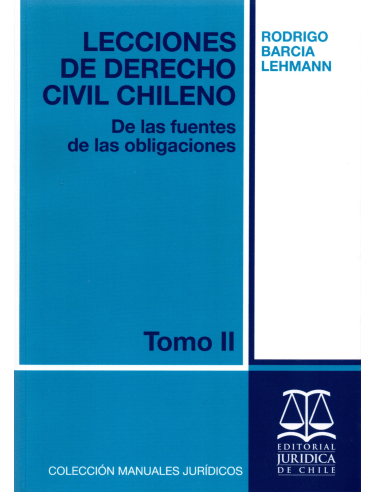

Labour Law in Mexico
(Patricia Kurczyn Villalobos)
Labour Law in Mexico offers a comprehensive and insightful overview of Mexican labour legislation and its practical implementation. Drawing from the International Encyclopaedia of Laws, it covers both individual and collective employment relations—including contracts, dismissal procedures, wages, benefits, intellectual property, trade unions, collective bargaining, industrial disputes, and more. This detailed yet concise monograph is an essential reference for lawyers, academics, and professionals working in or studying Mexico's labour law framework .
This expansive history traces the evolution of presidential authority from the founding era to modern times. Yoo examines how different crises—wars, emergencies, even pandemics—have shaped and justified the expansion of executive power, arguing for a flexible, historically grounded understanding .
Crisis and Command: A History of Executive Power from George Washington to George W. Bush
(John Yoo)
